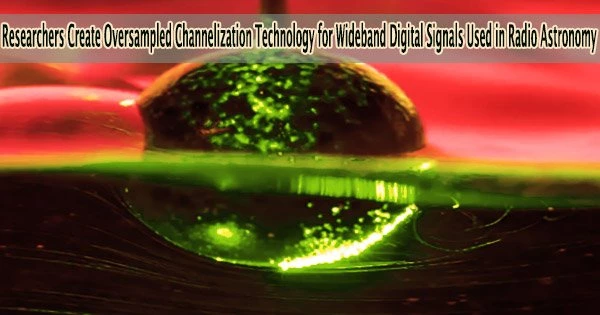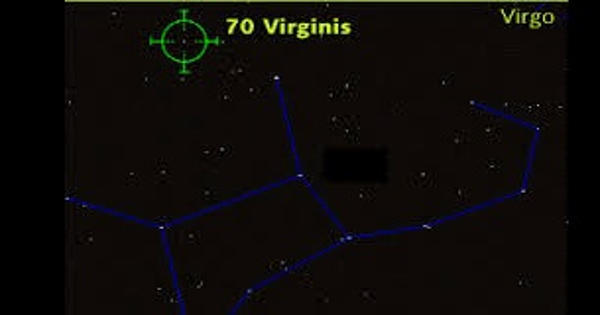Numerous real-time astronomical signals are obtained by the wideband receiving system of large radio observation equipment, and the signal pretreatment, transmission, processing, and storage have emerged as critical difficulties in their functioning.
The wideband signal is divided into a number of nearby sub-bands using channelization technology, and each sub-band is then given its own signal processing. Wideband signal processing efficiency and system pressure can both be efficiently reduced.
Radio astronomy is a branch of astronomy that involves studying celestial objects and phenomena by observing radio waves emitted by them. It is a powerful tool for understanding the universe because many astronomical objects and processes emit radio waves, which can reveal information that is not accessible through other forms of electromagnetic radiation, such as visible light.
Recently, researchers led by Dr. Zhang Meng and Dr. Zhang Hailong from the Xinjiang Astronomical Observatory (XAO) of the Chinese Academy of Sciences designed a 2× oversampled polyphase filter bank to realize channelization and solve the problems of sub-bands edge signal attenuation, spectral leakage, and aliasing encountered in wideband signal channelization.
The study was published in Research in Astronomy and Astrophysics on July 10, 2023.
The researchers achieved sub-band division and multi-band output using the wideband baseband data produced by the Collaboration for Astronomy Signal Processing and Electronics Research Parkes Swinburne Recorder (CASPSR).
They also confirmed that by deleting the unnecessary data at the edge of each sub-band during oversampling channelization, a flatter overall passband was created.
The researchers channelized the 400MHz baseband data of J0437-4715, and compared the pulse profile obtained by direct processing of the original baseband data with the pulse profile obtained after the channelization and recombination. The results confirmed the accuracy of the oversampled channelization algorithm due to the consistency of the pulse profiles’ phase and amplitude information.
Overall, radio astronomy plays a crucial role in our quest to understand the universe, providing insights into a wide range of astrophysical phenomena and contributing to our understanding of the cosmos.
The researchers claim that using oversampled polyphase filter bank applications will significantly boost the accuracy of radio astronomical observation data.
















